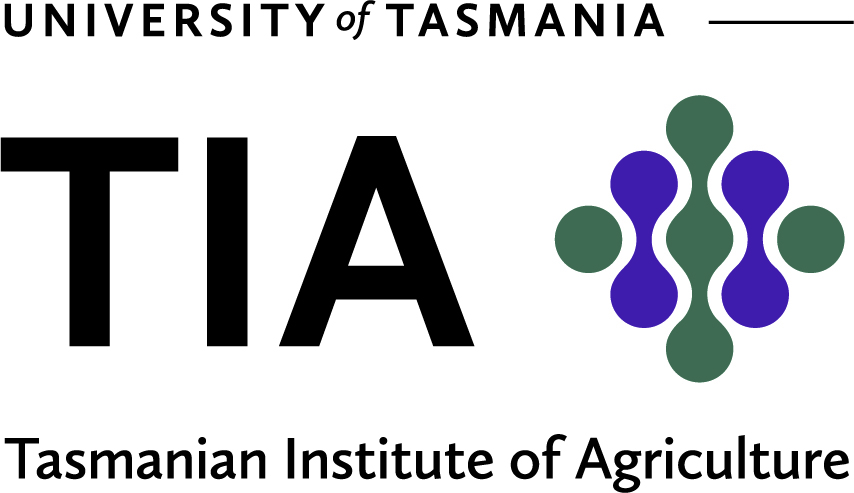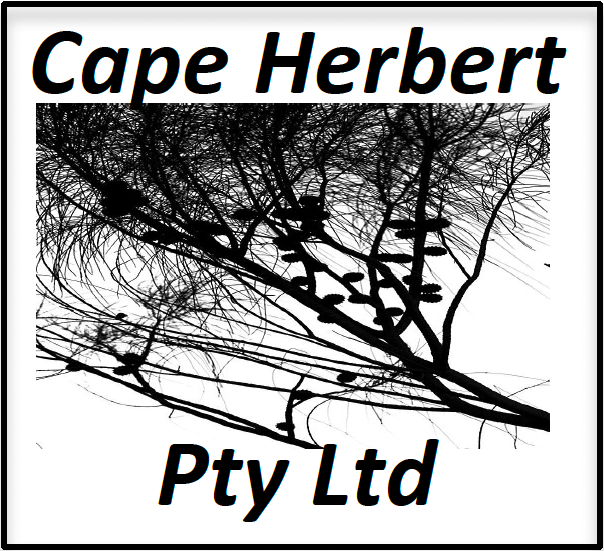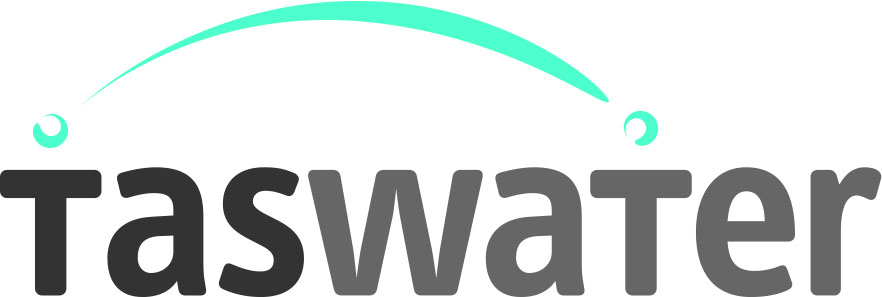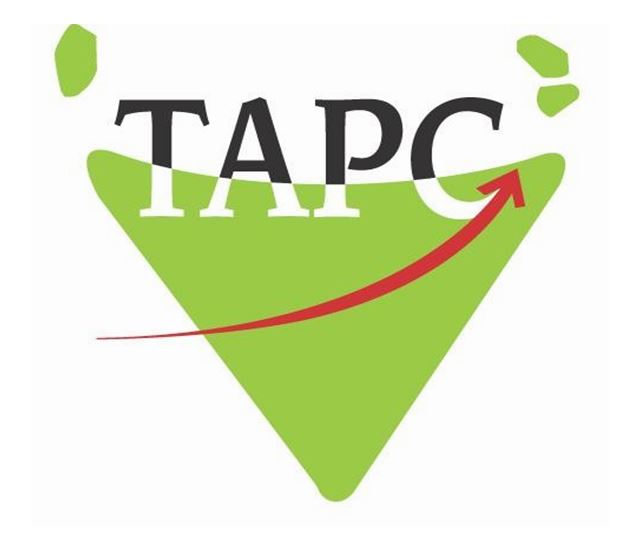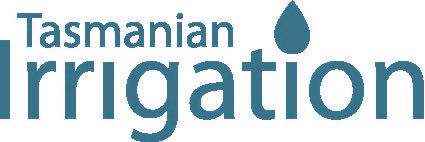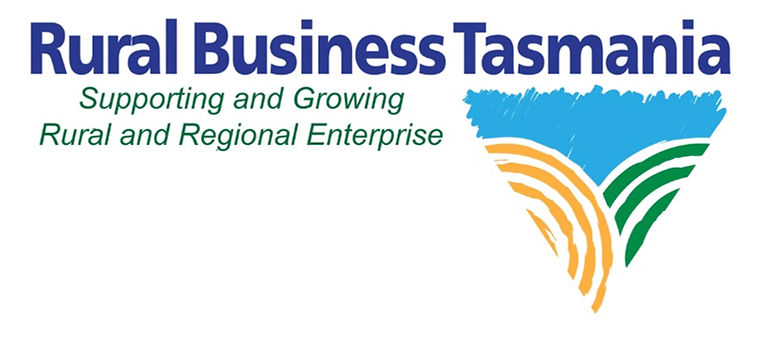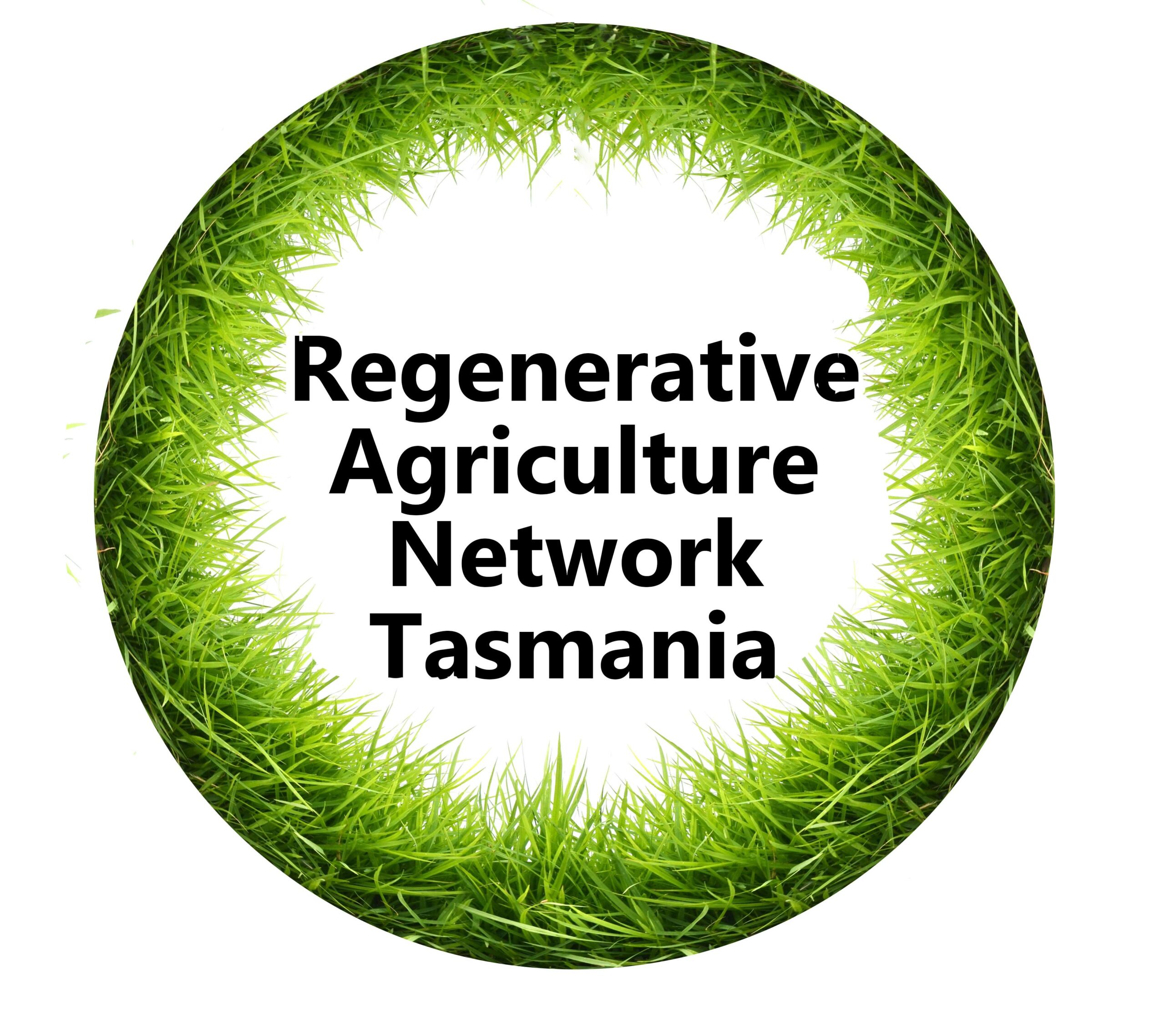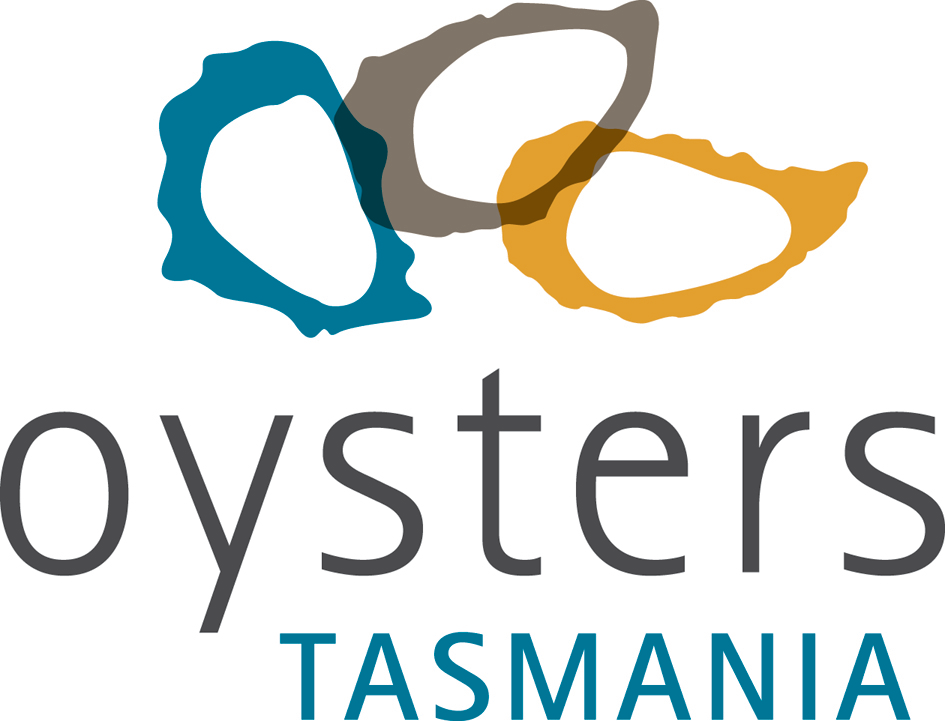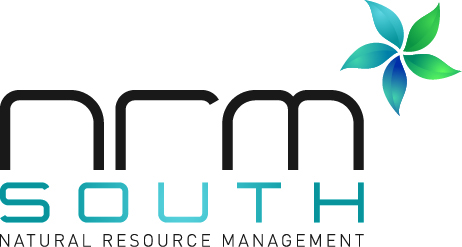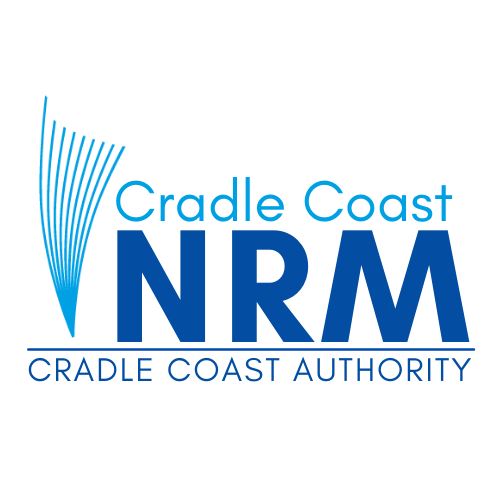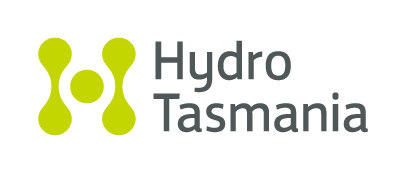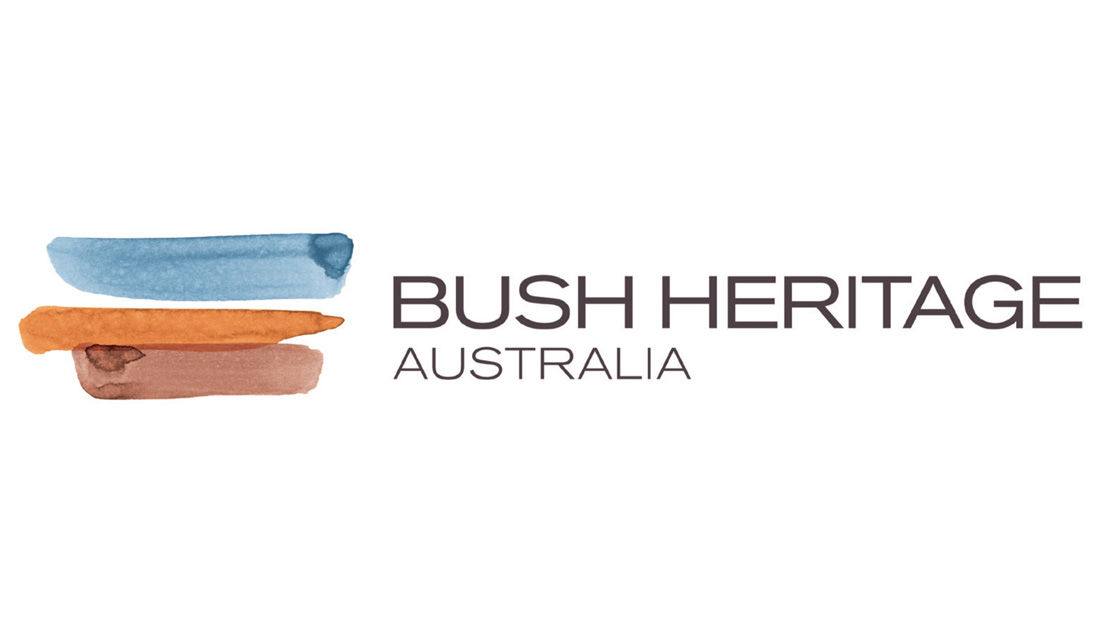Search for a resource
Landcare Tasmania’s Farm Dam Enhancement (FDE) pilot project is supported by the TAS Farm Innovation Hub, through funding from the Australian Government’s Future Drought Fund.
The project will collaborate with a number of key organisations, including the Australian National University (ANU), the University of Tasmania and the Tasmanian NRMs, and support a number of local Landcare networks.
Designed to promote the uptake of practices and technologies for increased resilience to drought and climate variability in Tasmania, workshops will be delivered in three sub-catchment areas across the State (Lower Coal, Middle Leven and Lower Meander).
“We’ve connected with active, interested Landcare groups in areas with predominantly agricultural settings. We hope this project, supported by robust modelling of each area, will help Landcarers to identify priority on-ground work and improve catchment health,” said Landcare Tasmania chief executive officer, Peter Stronach.
“Farm dams play an important role in most Tasmanian landscapes, assuring water availability during dry periods for stock and irrigation and they also act as a refuge for key species in these agricultural landscapes,” he said.
The Farm Dam Enhancement project provides an opportunity to create demonstration sites that can be showcased to the community; and to deliver train-the-trainer workshops for practitioners working with landholders and field day events to engage Landcare groups.
The train-the-trainer workshops and field days will include the presentation of catchment health mapping to help guide future restoration works in the area. The workshops will equip land management professionals with the skills needed to support farmers in enhancing their farm dams for both biodiversity and productivity for the long term.
Senior research and extension officer David Smith, from ANU’s Sustainable Farms program, explained the findings from research conducted on the mainland. Landcare Tasmania Inc. ABN 50 622 521 764 Level 3, 65 Murray St, Hobart TAS 7000 p: 03 6234 7117 e: support@landcaretas.org.au
“Our team of ecologists have monitored water quality and biodiversity at 109 farm dams across NSW and Victoria over four years, to determine the benefits of fencing and enhancing farm dams,” he said.
“Research demonstrates that well-managed dams can deliver significant gains in terms of water quality and water security, as well benefits for biodiversity.”
“Our train-the-trainer workshops aim to equip Landcare facilitators and other professionals who work with rural landholders, with the most up-to-date knowledge and skills to empower people in their local farming communities to benefit from enhancing their dams.”
TAS Hub director, Sandra Knowles, said the project was an important element in the Hub’s efforts to help farmers strengthen their resilience to drought.
“On-farm water storage is essential for farm water security, particularly in periods of dry,” she said.
“Research has shown that farm dams that are managed for stock exclusion and with native vegetation can provide better quality water, retain water for longer and can enhance the natural values of the surrounding landscape.
“The Hub is pleased to be partnering with Landcare Tasmania and Sustainable Farms to set up the three demonstration sites across the state and support this important training for natural resource managers.”
Farmers are invited to a free workshop in Scottsdale next week to discuss weather forecasting, seasonal outlooks and climate projections specifically for Tasmania’s north east region.
The event is being delivered by the TAS Farm Innovation Hub and Resilient Farming Tasmania through funding from the Australian Government’s Future Drought Fund.
Adoption Officer with the TAS Farm Innovation Hub, Alex Russell, said the workshop provided an opportunity for conversations on understanding and managing future climate variability on-farm.
“We are pleased to host climate scientist Tom Remenyi for the Scottsdale event who will explain weather forecasting, seasonal outlooks and climate projections with a focus on mixed grazing in north east Tasmania,” he said.
“As a group, we will work together to identify specific climate risks and opportunities and discuss what strategies farmers can put in place to manage for future climate variability.
“The TAS Hub has worked with farmer and coordinator of a local farming group, Kevin Wagner, to promote the event, so we encourage farmers with questions about the weather, seasons and climate to come along and get involved in the discussions.”
Other speakers include Ben Leditschke from Moore Australia, Jason Lynch from Pinion Advisory and Tom Brown from Rabobank.
The workshop on Thursday, 7 November will be held at Lords Hotel, Scottsdale, from 10am-3pm. Registrations can be made here.
The TAS Farm Innovation Hub is one of eight hubs nationally funded through the Australian Government’s Future Drought Fund. The Hub is based at the Tasmanian Institute of Agriculture (TIA) at the University of Tasmania and delivered through an extensive network of industry and community partners.
The Resilient Farming Tasmania program works with individual farm businesses to prepare tailored and actionable Farm Business Resilience Plans that address the risks and opportunities associated with drought and other unexpected events.
Farmers and natural resource management practitioners are encouraged to attend an event in the Northern Midlands next month showcasing how revegetation can enhance farm health and productivity and strengthen climate resilience.
The paddock walk on Friday, 1 November, will explore managing native vegetation on farms for climate resilience and bug biodiversity.
It is being delivered by the Tasmanian Land Conservancy with support from the TAS Farm Innovation Hub through funding from the Australian Government’s Future Drought Fund.
The Midlands Conservation Partnership Coordinator at the Tasmanian Land Conservancy, Pierre Defourny, said the event was an excellent opportunity to see revegetation in action.
“The paddock walk will be held at Milford, a 1,875-hectare mixed farming enterprise, and is the final event from a project funded by the TAS Farm Innovation Hubwhich saw 97ha of farmland planted in the Midlands with over 60,000 native trees, shrubs and grasses over the last two years,” he said.
“This field day will cover different approaches to managing or re-establishing native vegetation on farms, to maximise ecosystem services and climate resilience and provide habitat to a range of species which can make an important contribution to farm health and productivity.
“Landholders Jan and Geoff Hamilton have already re-established close to 70ha of native vegetation on Milford since purchasing the property about 10 years ago, and we are encouraging people to come and see this amazing work for themselves.”
The Director of the TAS Farm Innovation Hub, Sandra Knowles, said the Hub was pleased to be able to support such an important project to help strengthen drought resilience in the Midlands.
“This project is a great example of how restoring native vegetation on farm can positively impact on farming enterprises, and in particular, helping farmers be more resilient to drought and a changing climate,” she said.
“The benefits include helping to raise the water table, preventing rainfall run-off, improving soil health, and providing shelter for animals during the dry weather.”
The paddock walk will look at three native vegetation sites, explore different approaches to manage revegetation of farms, and discuss biodiversity monitoring utilising the invertebrate habitat assessment tool.
Registrations can be made at this link and are essential by Monday, 28 October.
The TAS Farm Innovation Hub is one of eight hubs nationally funded through the Australian Government’s Future Drought Fund. The Hub is based at the Tasmanian Institute of Agriculture (TIA) at the University of Tasmania and delivered through an extensive network of industry and community partners.
Leading agritech startups from across the globe will visit Launceston this month to pitch their ground-breaking agritech solutions to farmers, investors, students, and agri-service providers.
The TAS Farm Innovation Hub is partnering with Foodtech Tasmania for the event at UTAS Inveresk Campus on Monday, 21 October.
The TAS Hub’s Business and Operations Manager and Innovation Broker, Tony Vaea, said it was a great opportunity for people to connect with inspiring innovators and explore how cutting-edge solutions could shape the future of Tasmania’s agriculture.
“It’s a great opportunity to hear about the global agritech trends reshaping the industry, with a special focus on how these advancements can benefit Tasmania’s agricultural sector,” Mr Vaea said.
“Participants will discover how Tasmania can tap into the power of global agritech solutions to foster resilience and growth in a rapidly evolving sector.”
The Managing Director of Foodtech Tasmania, Tom Woolley, said a highlight of the evening would be an engaging Shark Tank-style session featuring startups from across the world.
“We will have representatives from startups from Mexico, Kenya, the USA, and Canada who will pitch their ground-breaking agritech solutions to a panel,” Mr Woolley said.
“This includes innovation such as revolutionising waste management through acoustic drying technology and also a scalable crowd funding model for restoring soil health in degraded agricultural land.”
Participants will have the chance to hear how these innovations could impact Tasmania, ask questions, and even vote for their favourite pitch. A panel of experts will provide live feedback to the innovators.
The event on Monday 21 October starts at 4pmin room 119, Rivers Edge,UTAS InvereskCampus, Launceston. Bookings are essential via https://www.eventbrite.com.au/e/global-agritech-innovation-shaping-the-future-of-tasmanian-agriculture-tickets-1029490843827
The event has been made possible through funding from the Australian Government’s Future Drought Fund and Agrifutures Australia.
The TAS Farm Innovation Hub is one of eight hubs nationally funded through the Australian Government’s Future Drought Fund. The Hub is based at the Tasmanian Institute of Agriculture (TIA) at the University of Tasmania and delivered through an extensive network of industry and community partners.
FoodTech Tasmania is an accelerator program that supports startups in food, aquaculture, and agricultural technology, helping them develop innovative, sustainable solutions. Based in Tasmania, it offers mentorship, funding, and access to a global network of investors and partners to scale their businesses.
Fifteen leaders in the Tasmanian agriculture sector have graduated from an innovative career development program with new practical skills and knowledge to thrive and lead in a changing climate.
The Enable Program is a joint initiative of the Tasmanian Institute of Agriculture (TIA) and Rural Business Tasmania (RBT) and brings together owners and managers of agricultural businesses and people working in extension. The TAS Farm Innovation Hub is a sponsor of the program.
TIA Director, Professor Mike Rose, said the program attracted participants from across Tasmania eager to develop their leadership and management skills.
“TIA’s mission is to provide the research and industry support to accelerate Tasmania’s agricultural productivity, while maintaining land and water quality for future generations. Supporting the training and development of our agricultural leaders and innovators is a critical part of this,” Professor Rose said.
“I hope the connections formed through this program will be useful beyond graduation day and the participants will be leaders in the agricultural sector and help each other succeed.”
The Chief Executive Officer of Rural Business Tasmania, Elizabeth Skirving, said the feedback from those involved had been positive.
“In speaking with participants and sponsors, it was apparent that the program has provided many transformational journeys and learnings that can be applied by the participant and also benefit their employer or sponsor organisation,” she said.
“Each participant spoke with passion about their growth during the Enable journey and the connections made.”
Blueberry farmer in northern Tasmania, Trish McFarlane, was sponsored by the TAS Farm Innovation Hub to participate in the program and said it was a valuable experience.
“There wasn’t anything in the program that wasn’t relevant. I’ve been able to take something out of each section of the course. I didn’t realise I would walk away with all that information,” she said.
“The sponsorship that’s associated with the program is invaluable and it’s enabled us to open ourselves up to future learnings.
“It’s also helped me reflect and look at the direction of the farm and I’ve now got the tools to do that.”
TIA PhD candidate, Dominique Bowen Butchart, received a scholarship from Tasmanian Women in Agriculture to be able to participate.
“I’ve always wanted to do some leadership training and I was astonished at how much self-development was actually embedded in the training,” she said.
“I’ve taken elements of this program into all parts of my life.”
The Enable Program was delivered over four months and included one full-day workshop and one 2-hour online session each month.
The program was funded by the Australian Government Department of Agriculture, Fisheries and Forestry through the AgUp Program which support initiatives that will help secure and retain workers in the agriculture, fisheries and forestry sector.
The TAS Farm Innovation Hub was a major sponsor of the program. The hub is one of eight hubs nationally funded through the Australian Government’s Future Drought Fund, is based at TIA and delivered through an extensive network of industry and community partners.
A new project is exploring the way peer-to-peer learning can inform and influence on-farm practices in the Tasmanian community.
The Farmer Group Mapping Project is being delivered by the TAS Farm Innovation Hub through funding from the Australian Government’s Future Drought Fund.
As part of the project, farmers and those involved in the farming community are being interviewed to identify and map groups operating in Tasmania.
Project Manager, Tahnee McShane, said the process would help the hub support and create projects that are relevant and specific to farmers in different areas of Tasmania.
“We want to understand the history of different groups, how they’re structured and what they need in the way of support,” she said.
“It’s also really important to hear what farmers think is working well and where there may be room for change or targeted projects that are relevant to the issues faced by farmers in different regions across Tasmania.”
The Director of the TAS Farm Innovation Hub, Sandra Knowles, said the project aimed to fill some current knowledge gaps.
“While the hub is working with several farming groups around Tasmania, many of these are the larger and more established groups,” she said.
“We know there are others, and we would love to be able to reach out and offer support to strengthen climate resilience in their communities.”
Ms McShane has first-hand awareness of the potential benefits, in part thanks to her ongoing relationship with the East Coast Primary Producers Association.
“I’ve been involved with the East Coast Primary Producers Association for a while and it has made me realise how many advantages there are to being connected to people in your area,” she said.
“A lot of the time, you’ll learn and be able to share approaches to growing and farming from people in the same field. It gives you access to ideas and resources.”
Ms McShane and the hub team are currently seeking input from the farming community through a simple interview process.
“We’ve got a clear set of questions for the project and it’s just a quick chat over the phone or a cuppa so we can get input and perspectives from the different farming communities,” she said.
“What they will get back ideally, is a better chain of communications, access to more resources and more specific projects.”
People interested in adding their perspective or learning more about the project can contact the hub on fdf.tas.hub@utas.edu.au by the end of August.
The TAS Farm Innovation Hub is one of eight hubs nationally funded through the Australian Government’s Future Drought Fund. The hub is based at the Tasmanian Institute of Agriculture (TIA) at the University of Tasmania and delivered through an extensive network of industry and community partners.
Tasmanian farmers and regional communities will benefit from continued support from the Australian Government to improve soil health.
The TAS Farm Innovation Hub has joined its national counterparts in welcoming the Australian Government’s grant funded soil health projects through the Natural Heritage Trust’s $302.1 million Climate-Smart Agriculture Program.
This investment includes a $6.26 million commitment to continue the national network of Regional Soils Coordinators who support the delivery of integrated and targeted soils services to farmers and communities, broker partnerships with industry and stakeholders and provide networks for researchers, primary producers, First Nations peoples and community groups to work together.
Director of the TAS Farm Innovation Hub, Sandra Knowles, said the Regional Soils Coordinators played a pivotal role in promoting soil health and climate-smart sustainable agriculture approaches across Australia.
“The role of the eight Regional Soils Coordinators is essential for addressing the unique agricultural challenges faced by farmers and landholders in each region,” she said.
“The coordinators deliver real on-farm practical benefits that farmers can adopt for sustainable land management practices, whilst also improving economic returns.
“The hubs host the Regional Soils Coordinators so there are strong links to universities, grower groups, and natural resource management bodies. This allows for a coordinated national approach. In Tasmania, our Regional Soils Coordinator is housed within NRM South which has proved to be an effective model for delivery.”
Tasmania’s Regional Soils Coordinator, Belinda Nielsen, said the funding would enable the coordinators to build on the work they have started across the regions to promote soil health and its critical role in agricultural productivity and sustainability.
“Tasmania's soils are highly diverse, sustaining a number of different enterprises, and are so fundamental to our everyday lives,” she said.
“It's essential that we continue to work together across different parts of our industry to ensure the best outcomes for our soils, farmers, and natural environment for years to come.
“I'm thrilled to be able to continue working with local stakeholders and the broader national network of Regional Soils Coordinators to support the best outcomes for our state's future.” For more information visit https://www.agriculture.gov.au/agriculture-land/farm-food-drought/natural-resources/landcare/climate-smart
A series of events are being rolled out throughout Tasmania in May and June to support farmers prepare for and manage the current dry conditions.
Five events are being delivered in priority regional areas by the TAS Farm Innovation Hub in partnership with local organisations, supported by the Department of Natural Resources and Environment Tasmania, and funding from the Australian Government’s Future Drought Fund.
Adoption Officer with the TAS Farm Innovation Hub, Maria Ortiz, said the events would provide an opportunity for the farming community to come together in these challenging times.
“We acknowledge the dry seasonal conditions and all the challenges that come with this. Sharing knowledge, staying connected and accessing the right services at the right time is crucial to increase resilience and preparedness,” she said.
“This series of events will bring together organisations and programs that span across the drought preparedness, response, and recovery cycle, and provide an opportunity to connect with other farmers going through similar circumstances.”
The Drought Coordinator with TasFarmers, Jac Shipton, said the events played a crucial role in supporting farmers during difficult conditions.
“The events are an invaluable resource that provide farmers with practical strategies and solutions to manage the impacts of drought to their farming business."
Communications and Engagement Manager with Rural Alive and Well, Lauren Harper, said managing dry times in Tasmania required a tailored approached.
“Tasmania has a diverse range of regional landscapes, which means that to overcome the current dry conditions, producers need tailored learning options, unique to their own situations and challenges,” she said.
“RAW has seen first-hand how beneficial the TAS Farm Innovation Hub’s ‘Dry Times’ events are in providing regionally relevant information to producers to assist them in making tangible changes within their farming practices.
“Reducing isolation through social connection and community is critical to navigating challenging periods. We aren’t designed to go through hard times in isolation and these events provide opportunities for connection with peers and other industry supports, including financial assistance, future farm business planning and mental health and wellbeing support.”
The full list of events is below. For more information and to register visit: www.tasfarmhub.com.au/upcoming-events/
North west:
Wednesday, 29 May, 4:30pm - 8 :00pm, Tall Timbers Hotel
South:
Thursday, 13 June, 9:30am - 12:00pm, Campania Community Hall
Thursday, 13 June, 5:00pm - 7:30pm, Hamilton Resource Centre
Tuesday, 18 June, 9:30am - 12:00pm, Home Hill Winery, Ranelagh
East Coast:
Thursday, 27 June, 4:00pm - 8:00pm, Milton Vineyard, Swansea
The TAS Farm Innovation Hub is one of eight hubs nationally funded through the Australian Government’s Future Drought Fund. The hub is based at the Tasmanian Institute of Agriculture (TIA) at the University of Tasmania and delivered through an extensive network of industry and community partners.
Private Forests Tasmania has launched an interactive knowledge hub for Tasmanian landowners to learn about the positive impact integrating commercial trees can have on their properties.
The Tree Alliance Knowledge Hub and its content have been developed in consultation with a broad scope of state and nationally-renowned forestry, agricultural and biodiversity experts to ensure landowners can glean the best advice and support from the information resources.
The $400,000 project was supported by the TAS Farm Innovation Hub through funds from the Australian Government’s Future Drought Fund, PFT and supported by 10 other stakeholder project partners.
The Knowledge Hub, developed by Walker Designs and Cavalletti Communications, consolidates accessible and user-friendly information and tools that highlight how integrating trees on farms through whole-farm planning can improve farm resilience through environmental and economic shocks such as droughts.
People can visit the hub to:
Included in the hub is PFT’s new Farm and Forest Mapper tool to help simplify the farm-planning process for landowners, consultants, planners, contractors and land agents.
The Farm and Forest Mapper, developed by Esk Spatial, in consultation with Private Forests Tasmania and the Forest Practices Authority, is a FREE set of mapping and decision support tools and calculators where users can easily plan, map and manage their properties to expand their plantation estate and leverage the multiple benefits that trees on farms can provide.
PFT Chief Executive Officer Dr Elizabeth Pietrzykowski said the Knowledge Hub would be a key resource for many Tasmanian landowners to learn more about the benefits of trees on their farms and then find what help is available to enable them to make the best decisions for their enterprise.
“The Knowledge hub is an extension of PFT’s strategic program Tree Alliance, which works with forestry, agricultural and environmental stakeholders to raise awareness of farm forestry and the benefits of trees on farms," she said.
"Longer-term, we hope the outcomes of this project will be more trees of the right type, in the right places across the agricultural landscape, improved farming businesses’ drought resilience and better carbon and other natural capital asset outcomes.
"We know farmers are interested in integrating trees into their whole farm plans, however, in many cases, they don't know how or where to start.
"This Knowledge Hub, developed by the forestry and agricultural sector, will provide them with key information and direction of the process and who to talk to make sound economic and environmental decisions."
Director of the TAS Farm Innovation Hub Sandra Knowles said the project supported the hub’s aim of helping farmers access information and drive innovation in their business.
“As our climate changes and becomes more variable, we need to build climate resilience into communities, economies and environments at all scales,” she said.
“We know that a critical part of this is ensuring farmers are able access information they need to make the best decisions for the future.
“The Knowledge Hub will be a fantastic resource as it uses a variety of methods to show farmers how integrating trees on farmers and whole farm planning can improve their financial, social and environmental resilience to drought and climate variability.”
The TAS Farm Innovation Hub is one of eight hubs nationally funded through the Australian Government’s Future Drought Fund. The hub is based at the Tasmanian Institute of Agriculture (TIA) at the University of Tasmania and delivered through a network of industry and community partners.
The Tree Alliance Knowledge Hub can be explored at pft.tas.gov.au by clicking on the Tree Alliance tab in the top right-hand corner and people can call PFT's free Helpline on 1300 661 009.
